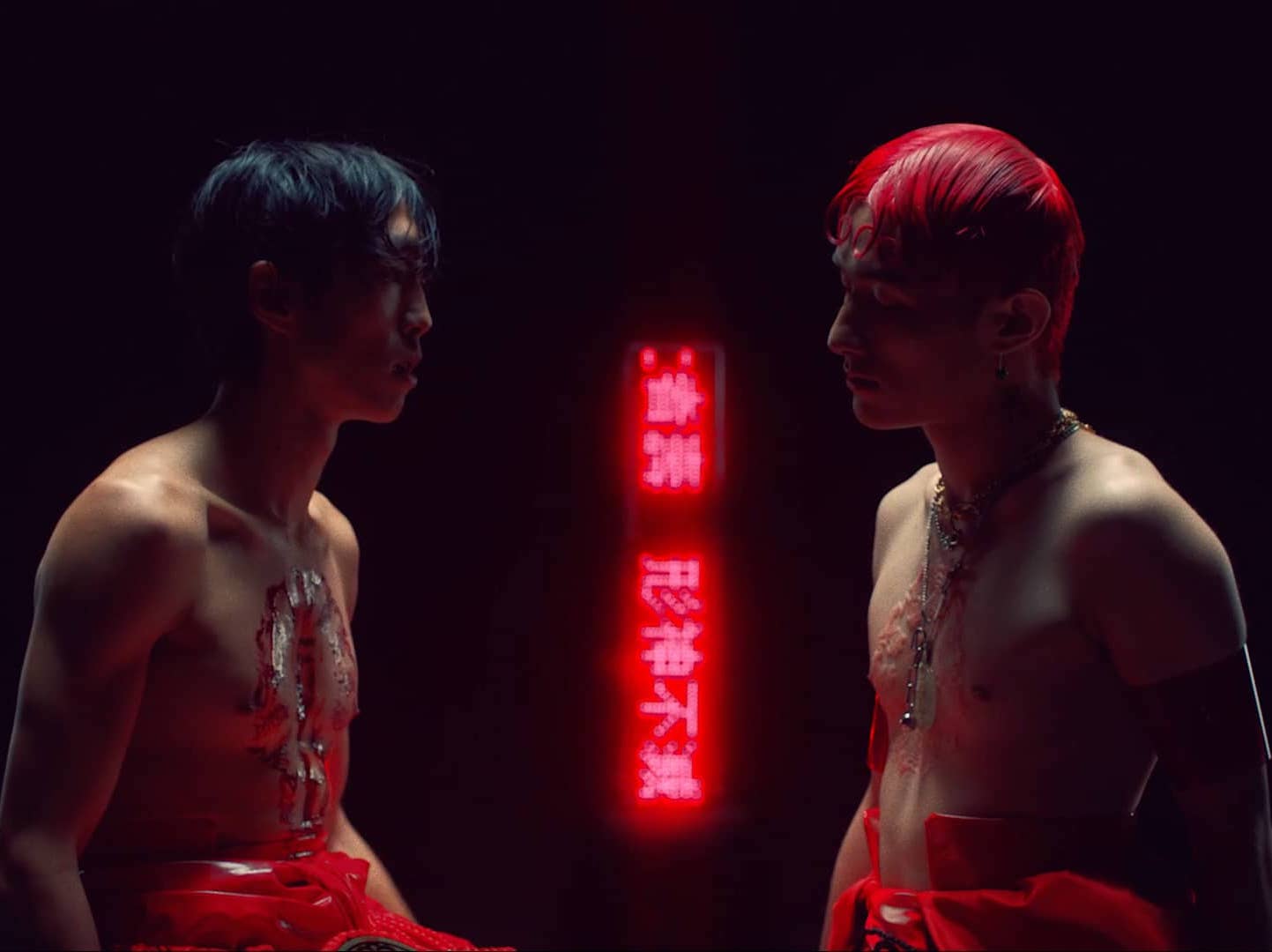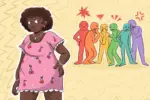The Western film industry has finally begun to embrace multidimensional LGTBQIA characters that break out of previously limited character arcs. The past several years have seen the release of feature-length LGTBQ+ classics such as “Moonlight” and “Brokeback Mountain.” Critically-acclaimed short films have also seen much greater representation across the spectrum, including the 2019 short “Kiss of The Rabbit God,” which depicts a young man’s encounter with the Rabbit God, the Taoist god of homosexual sex and romance.
“Kiss of the Rabbit God” premiered at the sixth annual edition of Tribeca N.O.W. in April and was more recently picked up by and released to popular viewing platforms for public consumption.
The film depicts a young and naive Asian American named Matt who works at a compact Chinese restaurant. Matt works tirelessly at the restaurant, taking calls and orders, bussing tables and being the last out the door after closing.
The story starts on the day that a bold and stylish character takes a booth, causing a sudden break from the chaos of Matt’s job. The character, who has already been revealed to the viewer as the Rabbit God, introduces himself simply as Shen. The two clearly share chemistry.
After the restaurant closes, the Rabbit God returns, only to leave in a spur of fear and disappointment. Matt spends the next day longing for the return of the Rabbit God a third time. After the restaurant closes that night, the Rabbit God reappears one more time to give Matt the opportunity to embrace his identity.
The film is one of the more recent works of Andrew Thomas Huang, a Chinese American filmmaker and artist who is best known as the mind behind many of Björk’s music videos. Huang’s work is often abstract and driven heavily by the use of monochrome — dark, bold and surreal.
In “Kiss of The Rabbit God,” his style takes no detour from the elements you’d expect. Red and green tones are used to highlight the different personalities alive in the film’s world. Bold, traditional and love-centered red surrounds the persona of the Rabbit God, while the pure shade of green is strongly tied to Matt.
And Huang translates ideas with more than just color.
The quick, angled shots in parts of the film are used to create the feeling of stress that Matt also experiences during the workday. While he is exposed in a setting where the viewer doesn’t know much about Matt’s character or background, there is a profound sense of his meek, uncertain nature. The purposefully jarring narrative of restaurant work is also used to create a juxtaposition with the slower cuts and more steady shots used during encounters with the Rabbit God.
The result is a film that falls at the intersection of tone reminiscent of “Only God Forgives” and the romantic themes from “Call Me by Your Name,” with a length that makes it an easy undertaking. “Kiss of The Rabbit God” is a coming-of-age film with a thriller aesthetic.
As the film is set in America, yet based in Chinese culture, nuances in the short might be lost to many of the viewers. Fortunately, the main themes surrounding love and self-discovery are made clear through a synopsis of the Rabbit God’s tale in the first minute.
The Rabbit God, or Tu’er Shen, is a god borne out of the Taoist religion during the Qing dynasty. According to the origin story, an official by the name of Hu Tianbao confessed his love for an imperial inspector after being caught watching the official through the bathroom wall. Hu Tianbao was then executed. His spirit was sent to the underworld where he was forgiven and appointed the “Rabbit God,” reflecting the fact that homosexuals were known as bunnies at the time.
Other meaningful details, such as Matt’s open wound and the altar that sits in the restaurant take longer to digest. While sacrifices in Taoist culture often come in the form of food, Huang’s sequencing of camera shots suggests Matt first offers up blood to the altar before the Rabbit God appears to grant his physical desires.
Soon after, Matt serves Shen a meal and later realizes his blood sacrifice was unnecessary. In several instances throughout the film, Shen insists that Matt allow his wound to heal: “An open wound is a doorway. Leave it open too long, it’ll fester.”
“The Rabbit God” runs for just over 13 minutes, but by the end of the film, Matt transforms from the wounded to the master of his own skin. The imagery suggests that by embracing his identity, Matt too becomes the Rabbit God. He is empowered to preside over his own LGBTQ+ body.
The Rabbit God is one of the more obscure gods in the Taoist religion but, at the time of the Qing dynasty, the Rabbit God was an essential figure in a country that faced a rise in homophobia after Christian ideals were spread to Asia by Western powers. Today, the symbol of the Rabbit God has been revived on as one of the icons of homosexuality in Chinese culture and has served as a champion of recent movements for LGTBQ+ rights.
While the rights of LGBTQ+ persons have come a long way in America, social inequities and stress around the exploration of one’s own identity still remain, particularly for individuals whose families come from China, where laws surrounding gay marriage and other LGBTQ+ rights remain restricted. Which leads to why “The Rabbit God” is so culturally relevant. The short reflects the struggle for acceptance that the LGBTQ+ community faces across all cultures and, further, the struggle many LGBTQ+ persons face to accept themselves.
That’s part of Huang’s message in the film.
“I grew up with a deficit of queer Asian visibility on-screen,” said the filmmaker, “I wanted to unpack these issues while also crafting a story that I felt enriched our collective imagination of what queer Asian male love, sex and intimacy could aspire to be.”
He certainly did.

















